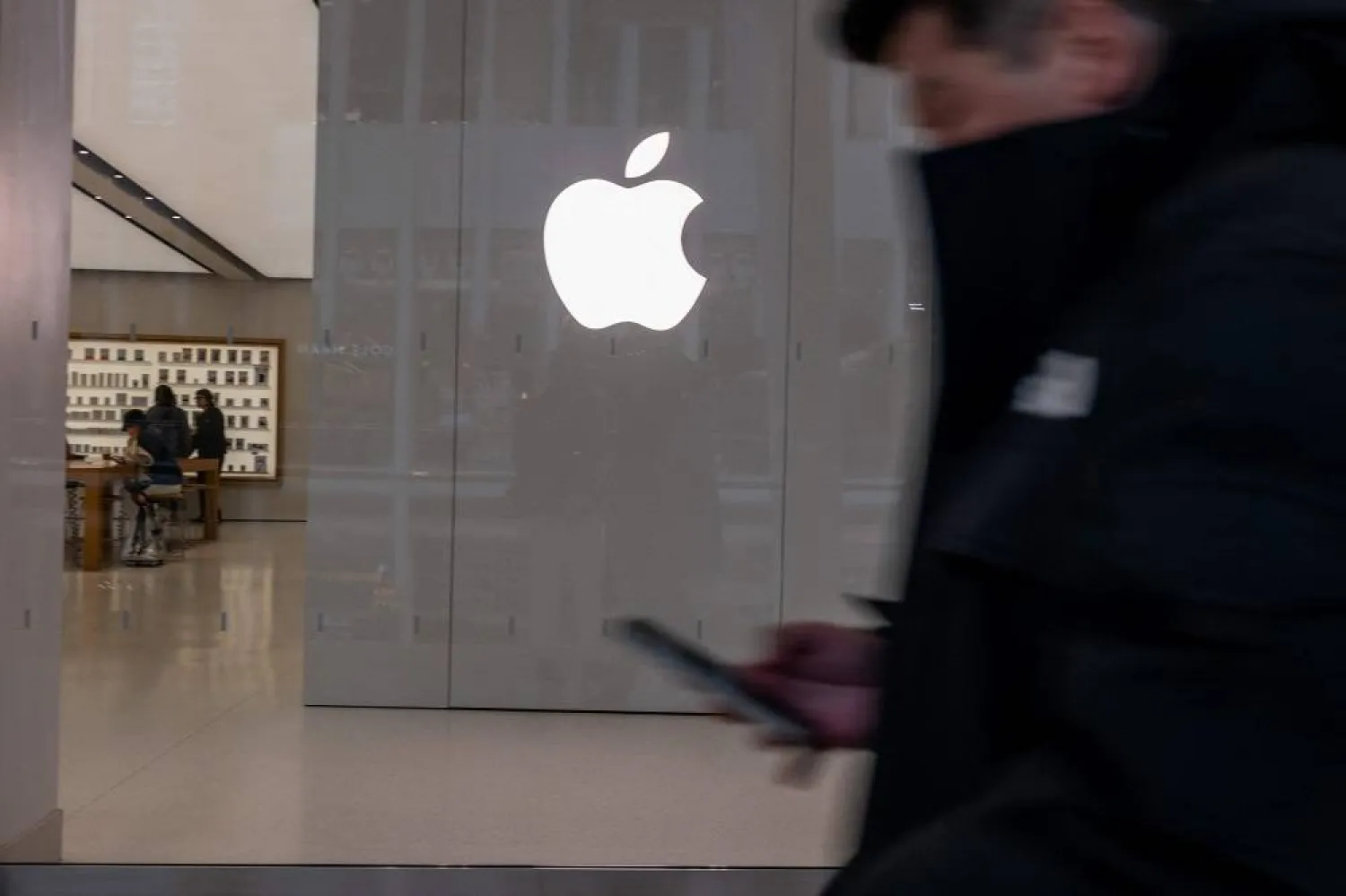Apple's weak China sales performance may have shocked investors, but customers and analysts have been noting the rising challenges the company faces in its third-largest market.
Intensifying competition from domestic rivals, coupled with longer upgrade cycles as consumers spend more cautiously amid an economic slowdown, have stunted Apple's China growth, with sales there nosediving by 13% in the quarter ending in December to $20.8 billion and missing estimates of $23.5 billion.
"Apple's sales decline in China is not surprising given the strong competition it faced from local brands like Huawei and Xiaomi," said Toby Zhu, an analyst with research group Canalys.
Apple did not immediately respond to a request for comment.
As the world's largest smartphone market, China is crucial to Apple's sales growth. For years, Apple has been the premium phone brand of choice in the country but the tide is now turning.
The pressure on Apple intensified in the second half of the year after Huawei's comeback in the high-end smartphone market with its Mate 60 series phones powered by a domestically-made chip.
Other leading Android brands like Xiaomi also edged into the high-end turf that Apple has traditionally dominated. Xiaomi launched its premium Mi 14 model in October, touting its long battery life and camera capabilities. It sold 1 million units within a week of launch.
Canalys' Zhu said Chinese manufacturers are gradually breaking into Apple's core price segment by introducing higher-priced foldable products.
Chinese consumers have also complained about a lack of innovation in Apple's iPhones, particularly in the design aesthetic, compared to earlier iterations.
"Another hurdle Apple needs to overcome is how it could bring more wow factors to the buyers and sustain its image as a tech pioneer. This is especially crucial when other Android vendors are now bringing foldables and AI to their products," said Will Wong, an smartphone analyst with IDC.
At the same time, Chinese customers are holding on to handsets for longer because of the economic slowdown. Consultancy Counterpoint said in June that the replacement cycle was over 40 months.
To support its Chinese sales, Apple has cut prices. A massive discounting campaign by online retailers including Alibaba and Pinduoduo in October to clear iPhone 15 stock, just a month after it was launched in the country. In January, Apple offered rare discounts on its iPhones.
The October discounting effort seemed to only stem the decline, with Apple's phone shipments dropping by just 2.1% in the final quarter of 2023, while Huawei's sales increased by 36.2%, according to data from research group IDC.
Apple will likely continue to face pressure in China going forward. Jefferies analysts predict Apple's shipments in China will decline by a double digit percentage in 2024.
"The big miss in China is concerning as it could be the start of a longer downward trend there", said Bob O'Donnell at TECHnalysis Research.









